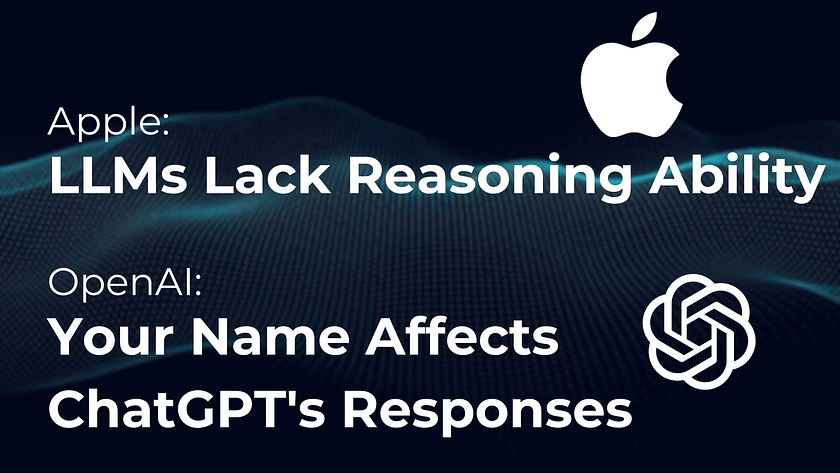
Methods for comparing spatial patterns in raster data This is the second part of a blog post series on comparing spatial patterns in raster data. More information about the whole series can be found in part one.

Methods for comparing spatial patterns in raster data This is the second part of a blog post series on comparing spatial patterns in raster data. More information about the whole series can be found in part one.
Homomorphic encryption is a powerful cryptographic technique that allows computations to be performed on encrypted data without decrypting it first. This blog post will introduce the concept of homomorphic encryption and demonstrate implementations using Python. What is Homomorphic Encryption? Homomorphic encryption is a form of encryption that allows specific types of computations to be carried out on ciphertext.

The book “Open Divide: Critical Studies on Open Access” edited by Joachim Schöpfel and me, Ulrich Herb, was published in 2018.
After a really cool chat over coffee with my friend Catarina and some discussions on the topic of cycles and time series with my friends Emanuella and Patrícia, I thought about writing an article here for this blog and resurrecting it, updating and improving an analysis I did some time ago and published on LinkedIn, which can be accessed through this link: Credit Granting can be used as a proxy for the Financial Cycle, which tends to present a

How Apple’s Research Exposes AI’s Inability to Reason and OpenAI Highlights ChatGPT’s Name-Based Biases

Spanish television programming has undergone a major shift in recent months, with the access-to-prime-time slot becoming the new battlefield for viewership, attracting the attention of media and audiences alike.

Production Managers (PMs) in television production are mainly female, and as in other industries this ‘feminised’ role is typically afforded lower status than those predominantly performed by men. In our recent study, we explored the experiences of PMs in the UK industry, a group of workers who are often rendered invisible, both within the industry and in television scholarship.

“Chilling,” “a dark delight,” “magnificent,” “triumphant,” and “explosive” are all words that have been used to describe the British police crime thriller Happy Valley.[1] First screened in 2014, it reached an audience of over 8 million and became a hit with critics and the audience alike.
How to cite: Page, R. (2024). Exploring BOLD's DNA barcode data releases: there's a fraction too much friction https://doi.org/10.59350/6qepn-ge510 Recently I’ve been exploring data downloaded from BOLD. Part of this was motivated by work done with David Schindel for a recent book: In this blog post I record some struggles I’ve had with the supposedly “Frictionless” data provided by BOLD.

Check out Detecting Bad Science, a new website I’ve created to help you identify weaknesses in empirical research reports. For each weakness you’ll find suggestions to avoid or repair it, or mitigate its consequences. The materials help you evaluate the quality of research in the social and behavioral sciences. You’ll also learn how to improve research designs and reports.

This week’s recap highlights a new Nextflow workflow for calculating polygenic scores with adjustments for genetic ancestry, a paper demonstrating that whole exome plus imputation on more samples is more powerful than whole genome sequencing for finding more trait associated variants, a new deep-learning-based splice site predictor that improves spliced alignments, a new method for accurate community profiling of large metagenomic datasets, and